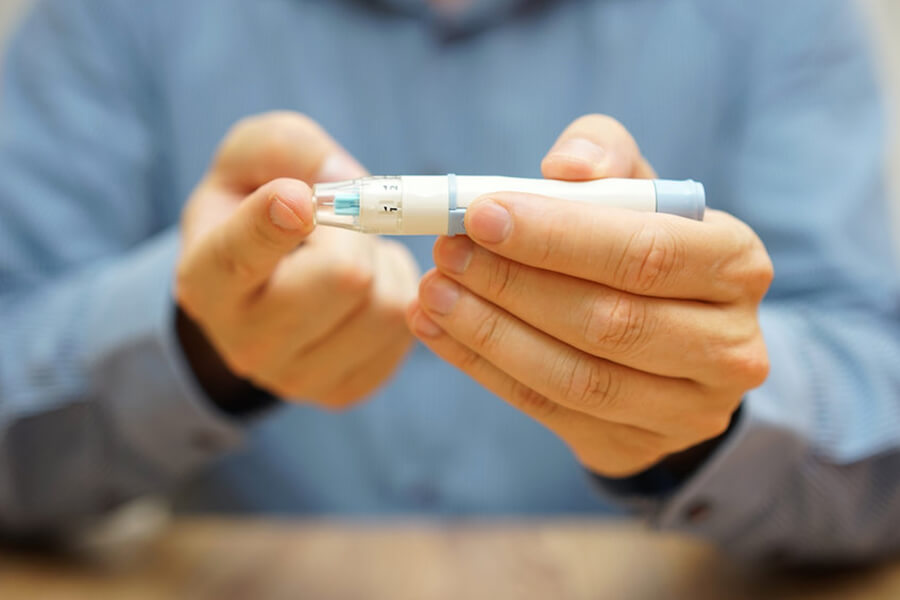The latest discovery could lead to treatments that could reverse or eliminate diabetes for many patients,
according to scientific journals.
The discovery is a druggable and novel insulin inhibitory receptor.
Scientists named the receptor inceptor.
The study came from Helmholtz Zentrum Muenchen, the Technical University of Munich and the German Center for Diabetes Research.
Those involved said the discovery is a milestone in the 100 years since insulin was introduced for the treatment of diabetes.
What Does Inceptor Do?
Research shows that inceptor prevents beta cells that produce insulin from activating insulin pathways.
It is thought to contribute to insulin resistance because inceptor remains unregulated in diabetes although
insulin is regulated.
What Did the Scientists Find?
Researchers decided to use monoclonal antibodies to block inceptor’s function.
They also got rid of inceptor in beta cells that produce insulin. Doctors said the results couldn’t have been better.
Their efforts resulted in an increase in functional beta cell mass and insulin signaling.
What that means for diabetic patients is that inceptor could be targeted to treat what doctors believe is the root cause of diabetes.
That root cause is a dysfunction and loss of valuable beta cells found in the pancreas and responsible for
producing insulin.
The goal for most of the doctors involved in the research is to use the discovery to develop medications that regrow beta cells.
This could lead to diabetes remission in patients with both Type 1 and Type 2 diabetes.
Diabetic patients of the future may be able to get full function of their insulin producing cells back if research on inceptor continues on the path doctors foresee.
While that won’t mean necessarily coming off diabetes medicine, it could mean less medicine and fewer complications for diabetic patients.
How Diabetes Affects the U.S.
Rough numbers gathered in 2018 shows that around 34. 2 million people in the U.S. had diabetes.
That amounts to about 10.5% of the population. Most of those, around 34.1 million, are adults ages 18 and older.
That amounts to around 13% of the U.S. adult population.
Diabetes has been linked with many other diseases including heart disease, problems with circulation of feet and hands and cholesterol issues.


